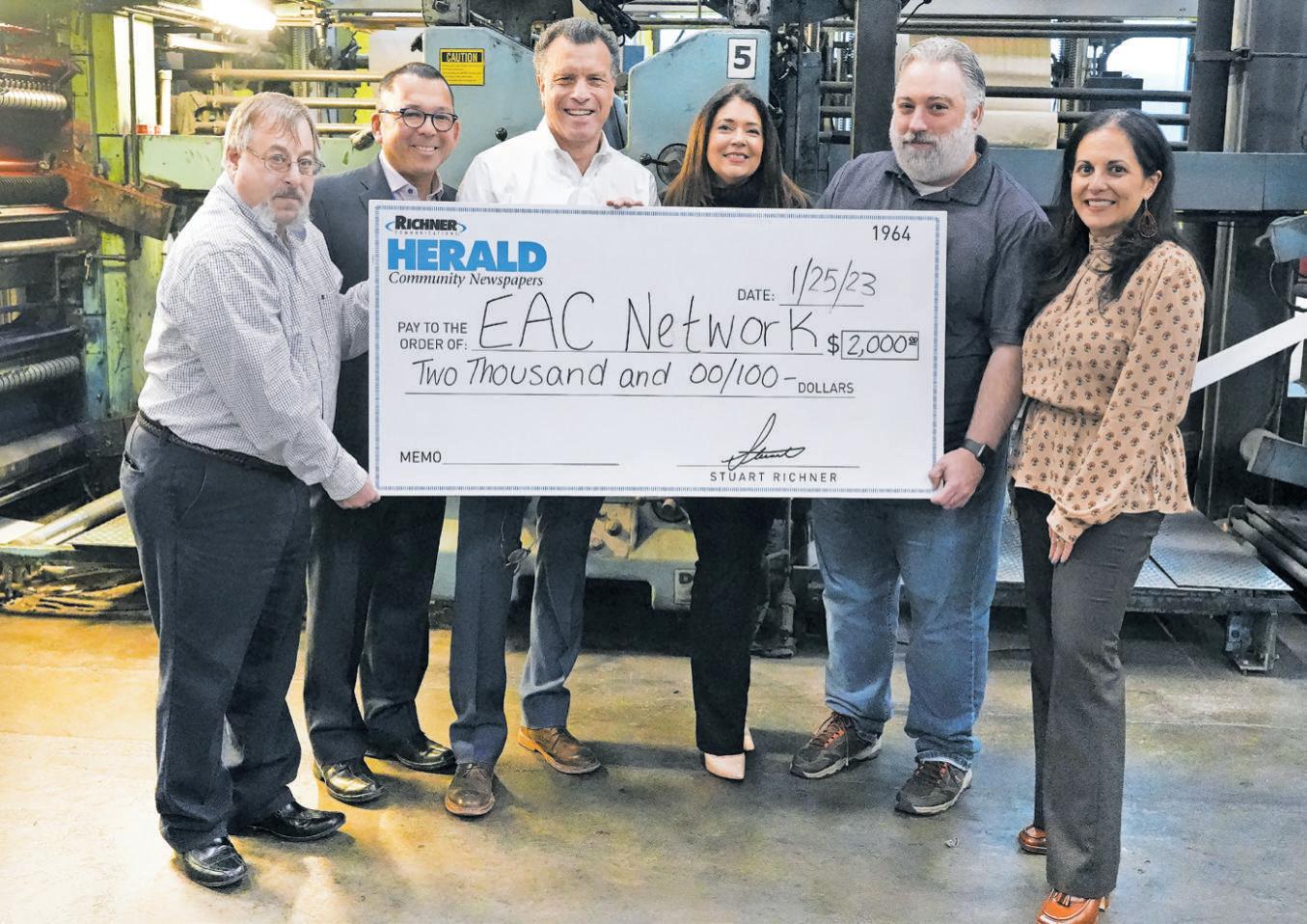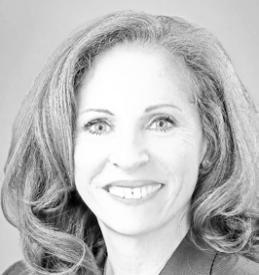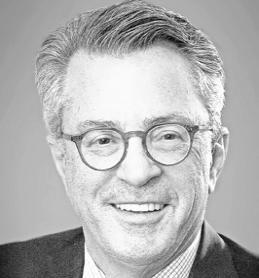
3 minute read
Your Future
with Michael and Suzanne Ettinger Attorneys-at-Law
Spousal Refusal - Just Say No
Spousal refusal is a legally valid Medicaid planning option in New York. By way of background, certain income and assets are exempt from Medicaid if there is a spouse. Generally, the spouse at home, known as the “community spouse” may keep about $3,700 per month of the couple’s combined income and up to about $150,000 of the assets or “resources”. Not included in those fgures are any other exempt assets, such as a home (up to about $1,000,000 of the equity only) and one automobile. The spouse who is being cared for in a facility is known as the “institutionalized spouse”.
Many a spouse has advised us that they simply cannot afford to live on the allowances that Medicaid provides. This is where spousal refusal comes in. We start by shifting excess assets into the name of the “community spouse”. He or she then signs a document which the elder law attorney prepares and fles with the county indicating that they refuse to contribute their income and assets to the care of the ill spouse since they need those income and assets for their own care and well-being. Note that you may not refuse your spouse’s own income over the $3,700 per month exemption as it is not coming to you.
Once the “community spouse” invokes their right to refuse, and all of the other myriad requirements of the Medicaid application are met, the state Medicaid program must pay for the care of the institutionalized spouse.
After Medicaid has been granted, the county may institute a lawsuit seeking to recover the cost of care from the refusing spouse. Nevertheless, there are a few reasons why spousal refusal makes sense, even in light of this risk. First, in many instances, the county never invokes this right. Secondly, these lawsuits are often settled for signifcantly less than the cost of care provided. Thirdly, the payment to the county can sometimes be deferred until the community spouse dies. As one county attorney told us when agreeing to such an arrangement, “the county is going to be around for a long time”. Finally, even though the county may seek recovery, it is only for the Medicaid reimbursement rate and not the private pay rate. For example, if the private pay rate is $18,000 per month, which is what you would have to pay, the amount Medicaid has to pay is generally a quarter to a third less. The county may only pursue you for the amount they actually paid.
Ettinger Law Firm
ELDER LAW ESTATE PLANNING SINCE 1991 trustlaw.com
Trusts & Estates • Wills & Probate • Medicaid
FREE CONSULTATION: 516-327-8880 x117 or email info@trustlaw.com
100 Merrick Rd., Rockville Centre • 3000 Marcus Ave., Lake Success Other offces in Huntington • Melville • Islandia
Money for a good cause
The EAC Network — a Garden City-based social service agency that empowers, assists and cares for people in need — receives a $2,000 donation from RichnerLive. The money was from a portion of ticket sales from last year’s Herald Excellence in Healthcare Awards Gala, which honored heroes and leaders within the health care industry. Neela Mukeriee Lockel, EAC’s president and chief executive, along with Robert Stricoff — the group’s chief development officer — accepted the donation from Herald Community Newspapers publisher Stuart Richner and RichnerLive executive director Amy Amato. From left, Herald Community Newspapers deputy editor Jeffrey Bessen, Stricoff, Richner, Amato, executive editor Michael Hinman, and Lockel. To find out more about EAC — and how to donate — visit EAC-Network.org.

News brief
D’Esposito to serve as chair of subcommittee

Congressman Anthony D’Esposito was selected to serve as chairman of the Subcommittee on Emergency Management and Technology of the House of Representatives.
The subcommittee falls under the Homeland Security Committee and includes emergency preparedness/ response, crisis mitigation, resiliency and recovery efforts; private sector preparedness integration; interoperability and emergency communications; DHS grant programs; and high-consequence biological and chemical threat preparedness.
D’Esposito was selected to chair the subcommittee due to his career as both an NYPD detective and volunteer fire chief. As an NYPD Detective, D’Esposito was responsible for making over 600 arrests, and helped foil organized criminal activities. While serving as chief of the Island Park Fire Department, D’Esposito led the volunteer organization through the aftermath of Superstorm Sandy – a storm that led to one of the largest disaster response efforts.


“The power to conduct oversight should never be taken lightly and must be used to ensure transparency in our federal bureaucracy,” said D’Esposito.







